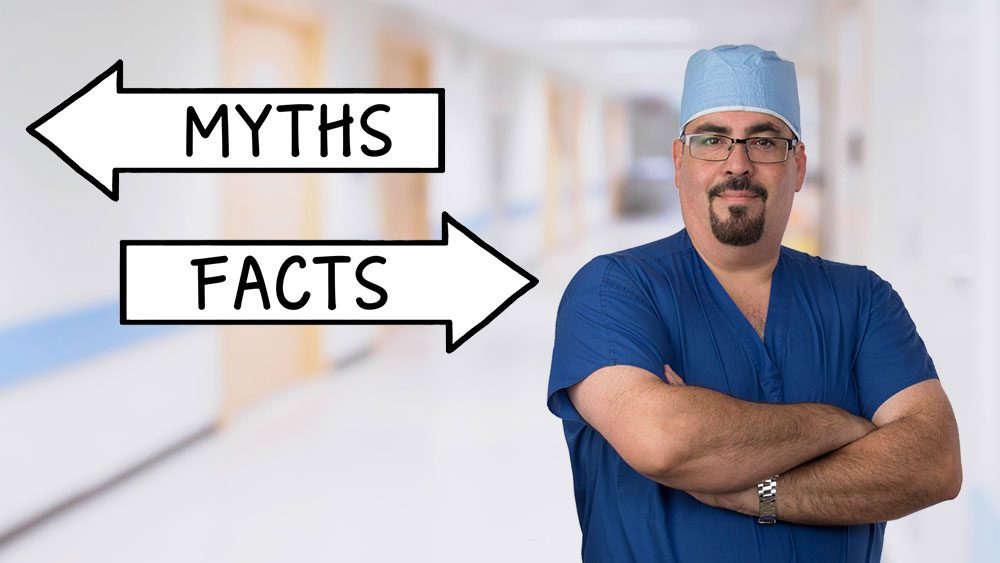Chronic pain is a complex issue, and pain specialists are here to help. Unfortunately, some misconceptions about their work make it difficult for people to understand how they can benefit from seeing one. To set the record straight, we’ll explore what they do and debunk some common myths.
Contents
Myth 1: Pain Specialists Only Prescribe Medication
Fact: They Provide Comprehensive Care
A common misunderstanding is that pain specialists only prescribe painkillers. While medication management can be a part of their treatment plans, it’s far from their sole focus. Pain physicians often take a multi-disciplinary approach, offering therapies like physical rehabilitation, nerve blocks, and behavioral strategies. They prioritize providing tailored care based on your specific needs, not a one-size-fits-all solution.
They also work closely with other healthcare providers. Collaborating with physiotherapists, psychologists, and primary doctors can help address pain from multiple angles. Their primary goal? To create a plan that prioritizes your quality of life while safely managing discomfort.
Myth 2: You Need to Be in Severe Pain to See One
Fact: They Treat All Levels of Pain
Another misconception is that pain specialists are only for those with severe or unmanageable pain. However, they also help individuals experiencing mild to moderate discomfort that impacts daily life. They commonly treat back pain, arthritis, nerve damage, and migraines. You don’t always need a referral to see one, though it depends on your health insurance or location. Seeking expertise sooner rather than later may help prevent pain from becoming more chronic or debilitating.
Myth 3: Pain Specialists Perform Surgery
Fact: They Focus on Non-Invasive Interventions
While some are trained in performing minimally invasive procedures, their primary focus often lies in non-surgical options. Treatments like injections, nerve blocks, or spinal stimulators fall within their expertise when necessary. However, these interventions are usually the last step after less invasive therapies have been explored. If surgery is required for your condition, they may work alongside surgeons to manage pain before and after the procedure. They’ll ensure you find the right combination of treatments for long-term relief.
Myth 4: Seeing a Pain Specialist Means Giving Up Power
Fact: They Empower You to Take Control
Some worry that seeking help means handing over control of their pain management. However, pain specialists aim to empower their patients. They guide you through understanding your condition and provide tools to manage it better yourself. From teaching coping mechanisms to offering lifestyle adjustments, they give you a say in your care. By discussing your goals and preferences, they’ll create a treatment strategy that aligns with what works best for you.
Myth 5: They Only Treat Physical Symptoms
Fact: They Address the Full Picture
Pain impacts more than just the body—it also affects your mental and emotional well-being. These specialists recognize this and often incorporate mental health support into their care plans. Cognitive-behavioral therapy (CBT) or stress-reduction techniques may be included as part of a holistic approach to managing chronic discomfort.
The Bottom Line
Pain specialists are much more than just pain medication providers. They focus on customized, non-invasive care, offer strategies to empower patients and address pain holistically. Whether you’re dealing with mild or chronic discomfort, their expertise could improve your quality of life.

Sarah Wilson, an accomplished writer and seasoned blogger, weaves compelling narratives that transport readers to new and uncharted worlds. With a talent for vivid storytelling and thoughtful insight, her work leaves a lasting mark, enchanting both the imagination and intellect.
